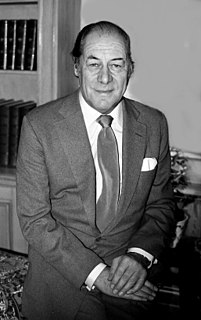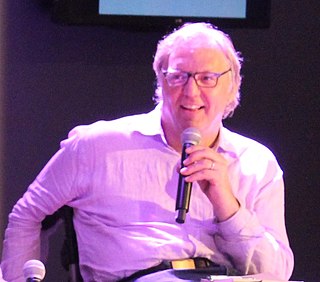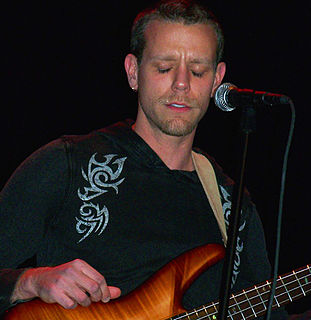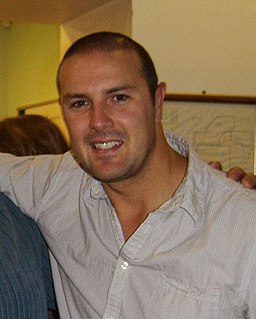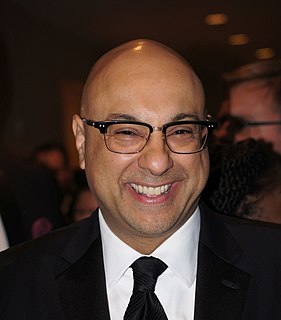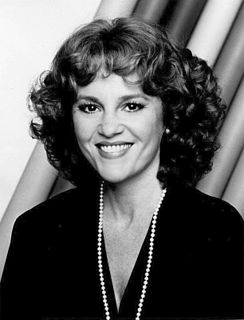A Quote by Nancy Duarte
All "bad" presentations struggle to keep the audience interested. The audience squirms wishing they could escape. The audience has given the presenter an hour of their life, so they want that hour to be useful. It's disrespectful of a presenter to not show up rehearsed and prepared with information and insights that will improve the lives of the audience in some way. Presenting will do only one of two things for you: it will either diminish your credibility or yield results. Most bad presentations hurt the presenter's credibility.
Related Quotes
Audience interest is directly proportionate to the presenter's preparation. You better spend time and energy on any presentations where the stakes are high. If you are trying to close a large sale or speak at a conference to an audience of potential clients, you better be ON your game. An audience can tell how much energy you spent on your presentation, which is a reflection of how much you valued their time. If they gave you an hour of their time, you need to make it worth it to them by treating their time as a valuable asset by making the content valuable to them.
Acting is bad acting if the actor himself gets emotional in the act of making the audience cry. The object is to make the audience cry, but not cry yourself. The emotion has to be inside the actor, not outside. If you stand there weeping and wailing, all your emotions will go down your shirt and nothing will go out to your audience. Audience control is really about the actor
In myths and movies, the mentor can play a few roles: they bring the hero a magical gift, teach them how to use a special tool, or help the hero get unstuck. In a presentation setting, the presenter is the mentor. Our role as a presenter is similar to a mentor. We should be brining something of important value to our audience, they should not leave empty handed. There should be something useful and somewhat life-altering that we give them. It's not very often that we sit through a presentation and feel like we've sat at the feet of a mentor, but we should.
When someone says "that resonates with me" what they are saying is "I agree with you" or "I align with you." Once your ideas resonate with an audience, they will change. But, the only way to have true resonance is to understand the ones with whom you are trying to resonate. You need to spend time thinking about your audience. What unites them, what incites them? Think about your audience and what's on their mind before you begin building your presentation. It will help you identify beliefs and behavior in your audience that you can connect with. Resonate with.
I make comedies and I always try... I don't try but I allow to have at least 5% of the jokes or have some jokes that I know will be understood by only about 5% of the audience. It's that guy in the corner who gets it and laughs. But he has to have his jokes too. That's part of my audience. Part of my audience is the people who will only get certain things.
As an actor, you should always keep your trump card hidden from your audience. I want the audience to keep expecting more and more from me. I want to do 'different' work - good and memorable roles - so that audience appreciate me more. That's why I love to surprise my audience with something they never expect me to do.
The weakness of cable news is that it chases its audience around. Your audience wants fast-paced, popular news. It needs real news. Cable news changes its stripes based on audience reaction. Viewers are reacting well to breaking news? You probably do more breaking news than you need to. The struggle is building something so that people will come to you, as opposed to constantly changing what you are because you're unsure of where the audience is.

